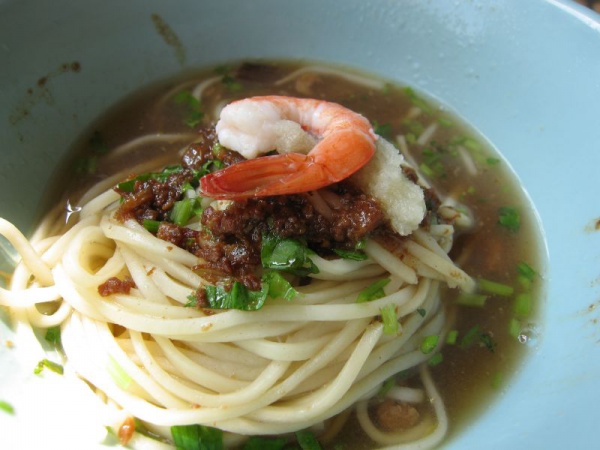Facts About Taiwanese cuisine
Taiwanese cuisine is a delightful fusion of flavors and traditions, shaped by a diverse mix of regional and cultural influences. You'll find elements from the Hoklo people, indigenous Taiwanese tribes, Hakka communities, Waishengren (mainlanders), and adaptations of Japanese and Chinese dishes. This rich culinary tapestry is a testament to Taiwan’s history of migration and colonization.
The staples of Taiwanese cooking include pork, seafood, chicken, rice, and soy, largely due to the island's geographical abundance. Fresh fruits, vegetables, and a wide variety of seafood are readily available, making them key components in many dishes.
One of the hallmarks of Taiwanese cuisine is its inventive use of spices and seasonings. Ingredients such as soy sauce, rice wine, sesame oil, and fermented black beans are commonly used to create complex layers of flavor. Don’t miss out on "xiaochi" substantial snacks akin to tapas. These are a highlight in Taiwan’s bustling night markets, where you can sample a wide array of street foods and snacks that have gained international fame.
Taiwanese desserts are equally tempting. Traditional delights include cakes, grass jelly, mochi, pineapple cake, and the globally beloved bubble tea. The culinary heritage of Taiwan’s Aboriginal tribes remains vibrant, with each tribe offering unique foods and cooking techniques that reflect their natural surroundings.
Taiwanese cuisine has not remained confined to the island. It has embraced influences from foreign cuisines such as Italian, Russian, Nordic, and Hong Kong. This international blend has helped Taiwanese food make its mark globally, with Taiwanese chefs finding success abroad. In the USA, Taiwanese immigrant restaurateurs have significantly diversified American Chinese cuisine by introducing authentic Taiwanese dishes.
Culinary education in Taiwan has also flourished. Institutions like Hongkuo Technology University and National Kaohsiung University of Hospitality and Tourism are dedicated to training the next generation of chefs. As a result, Taiwanese cuisine continues to evolve, blending traditional flavors with modern influences to appeal to a global audience.
